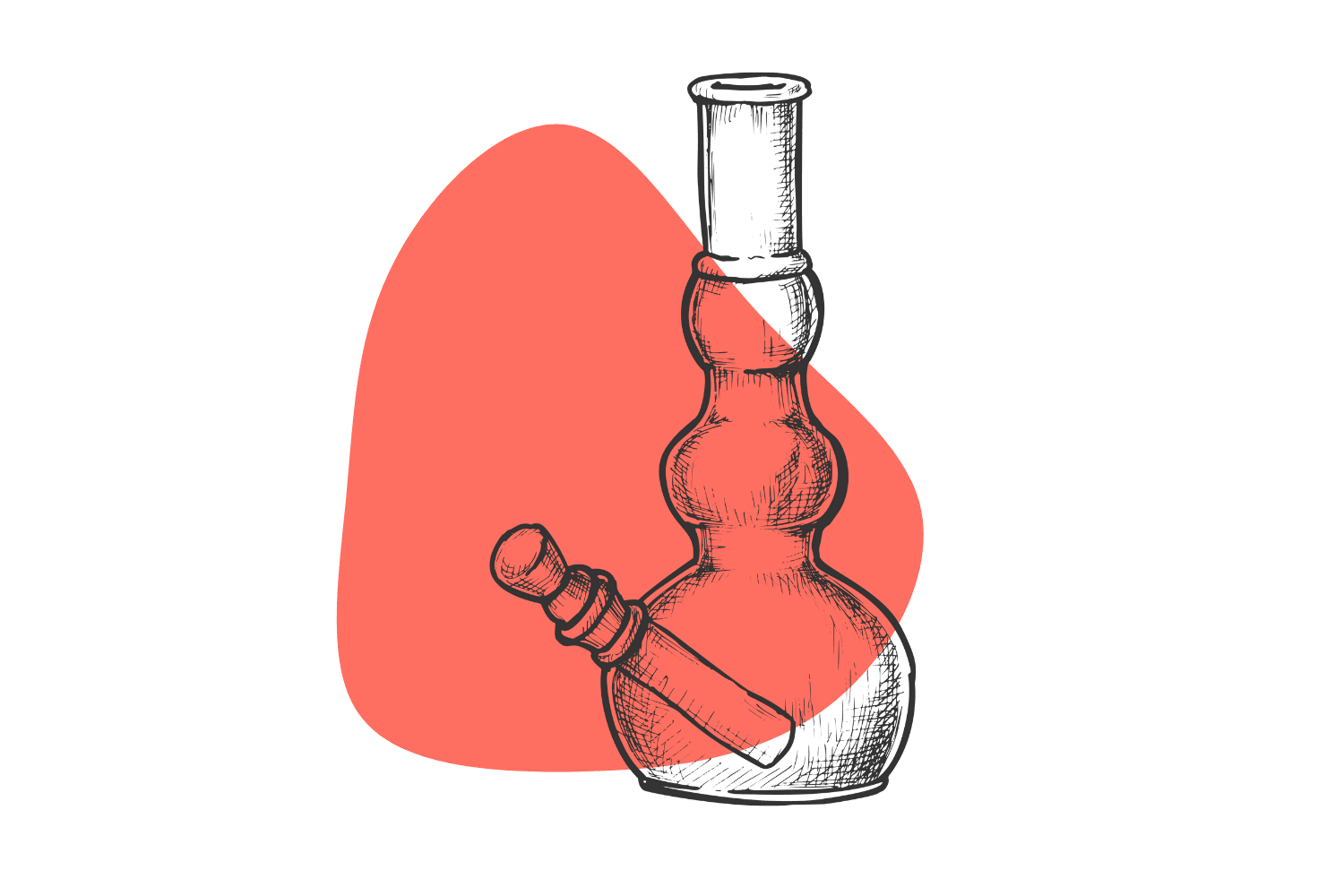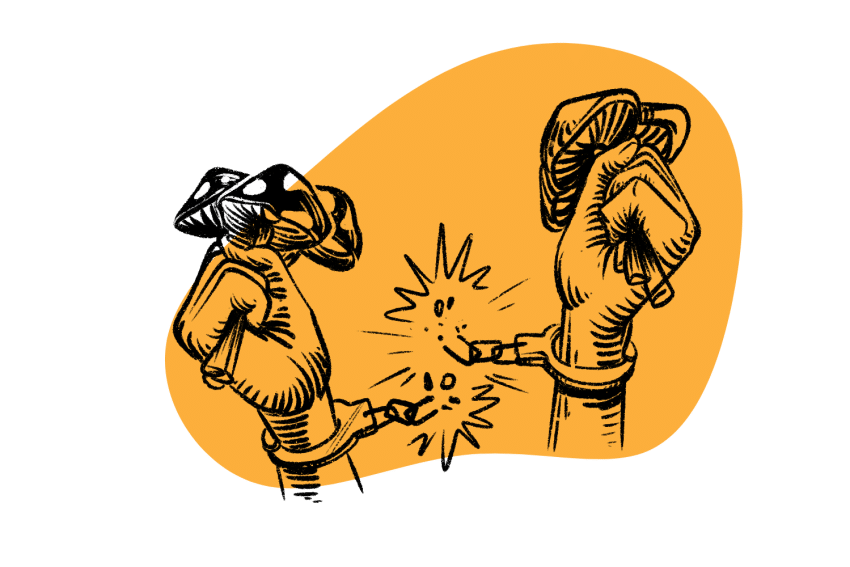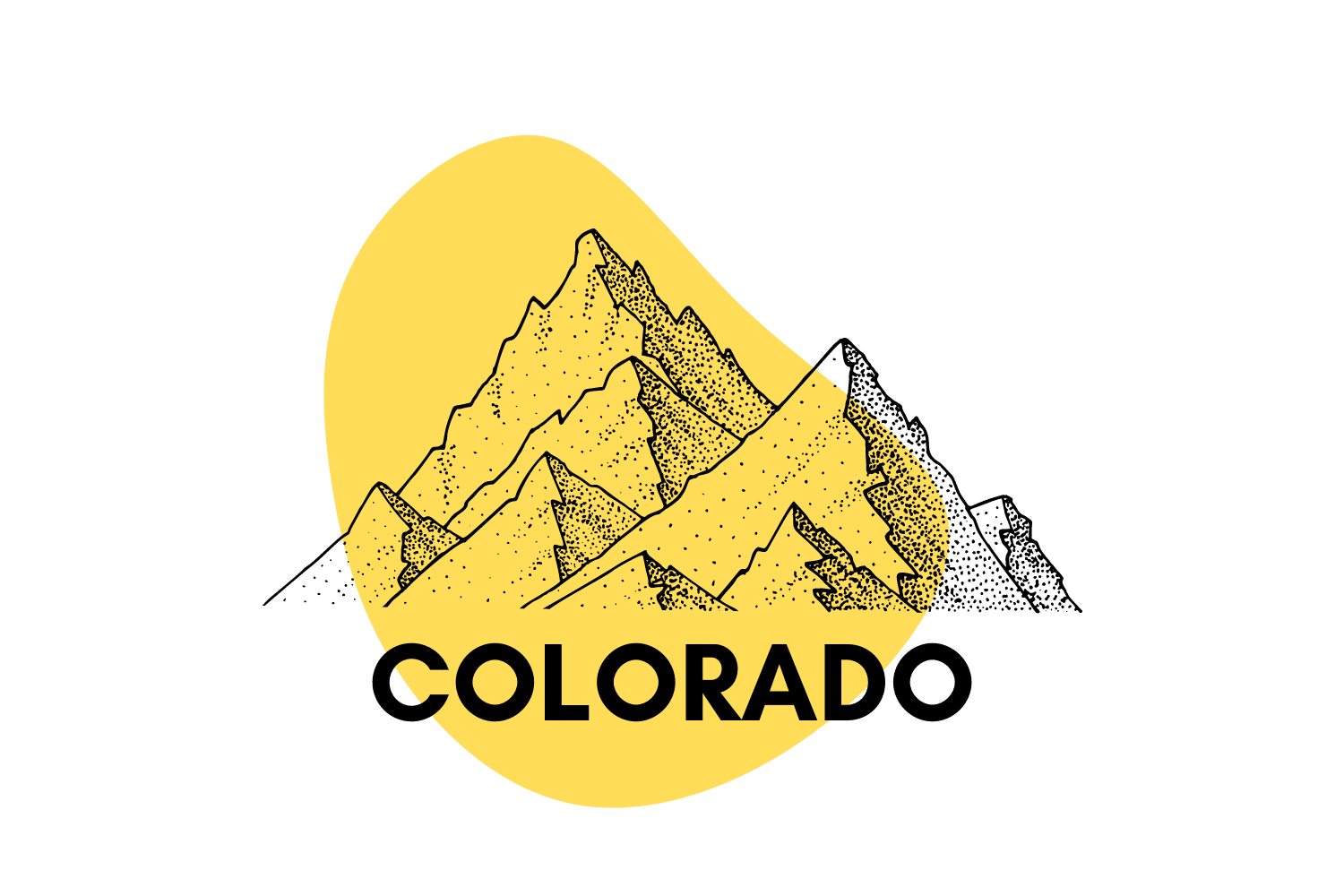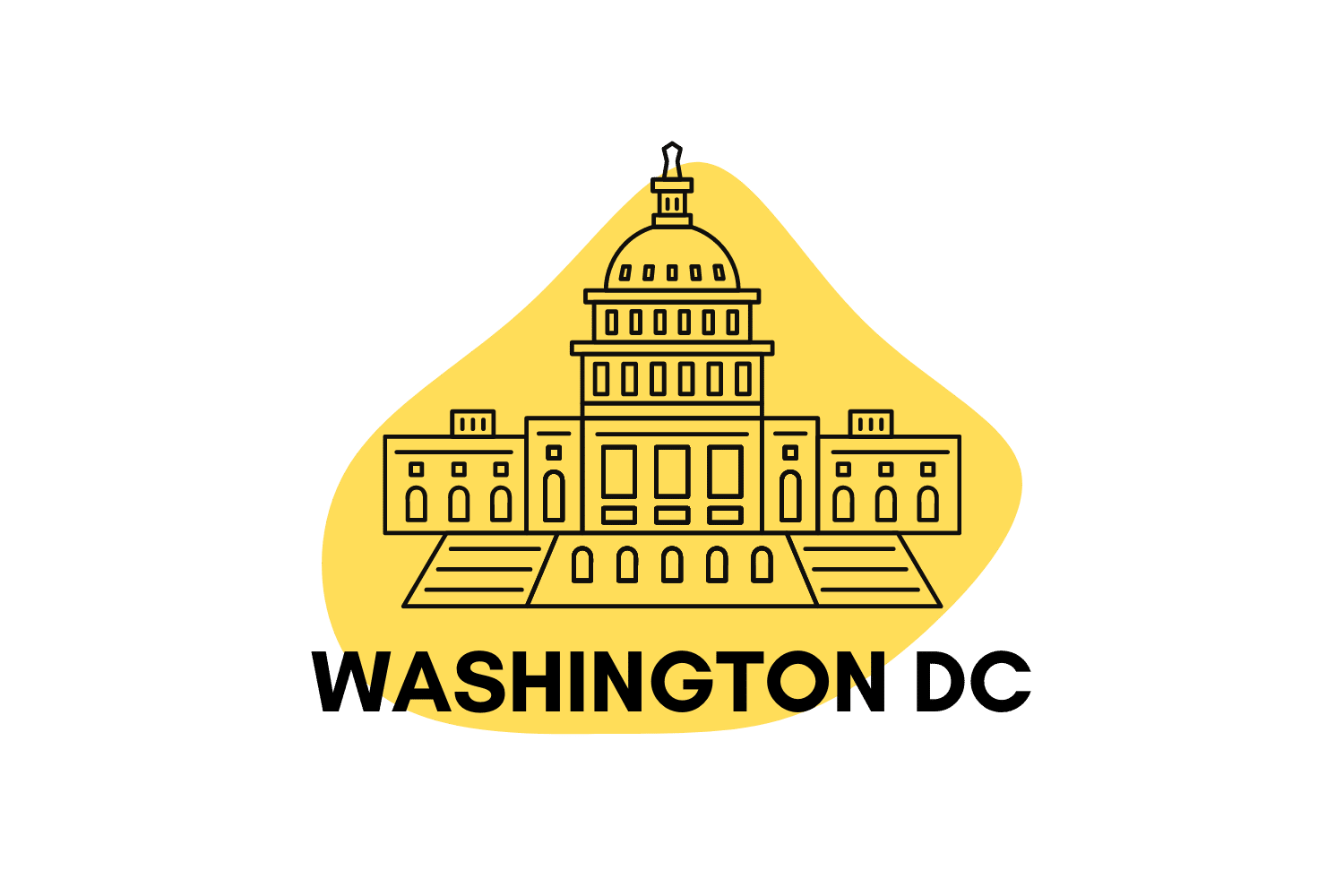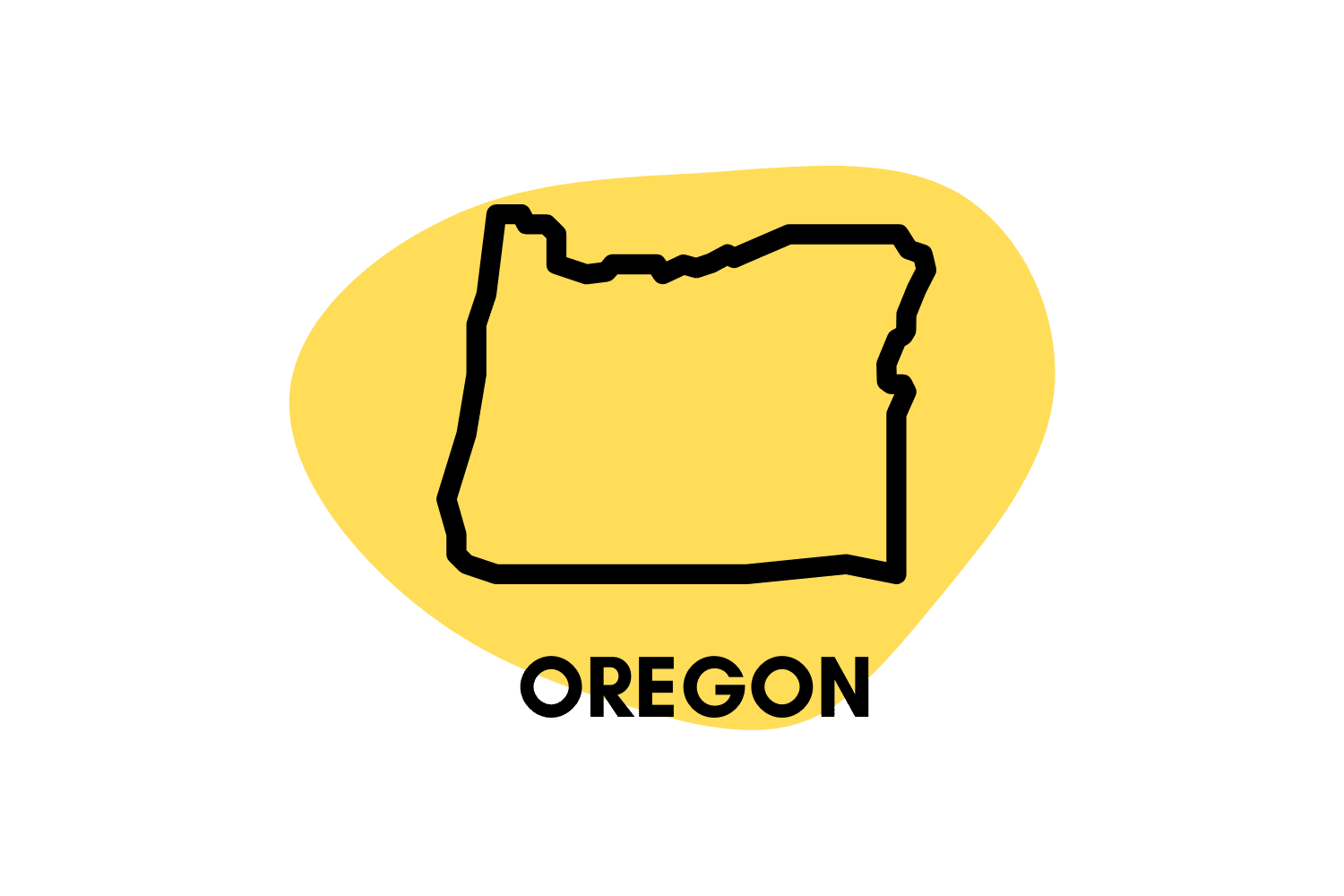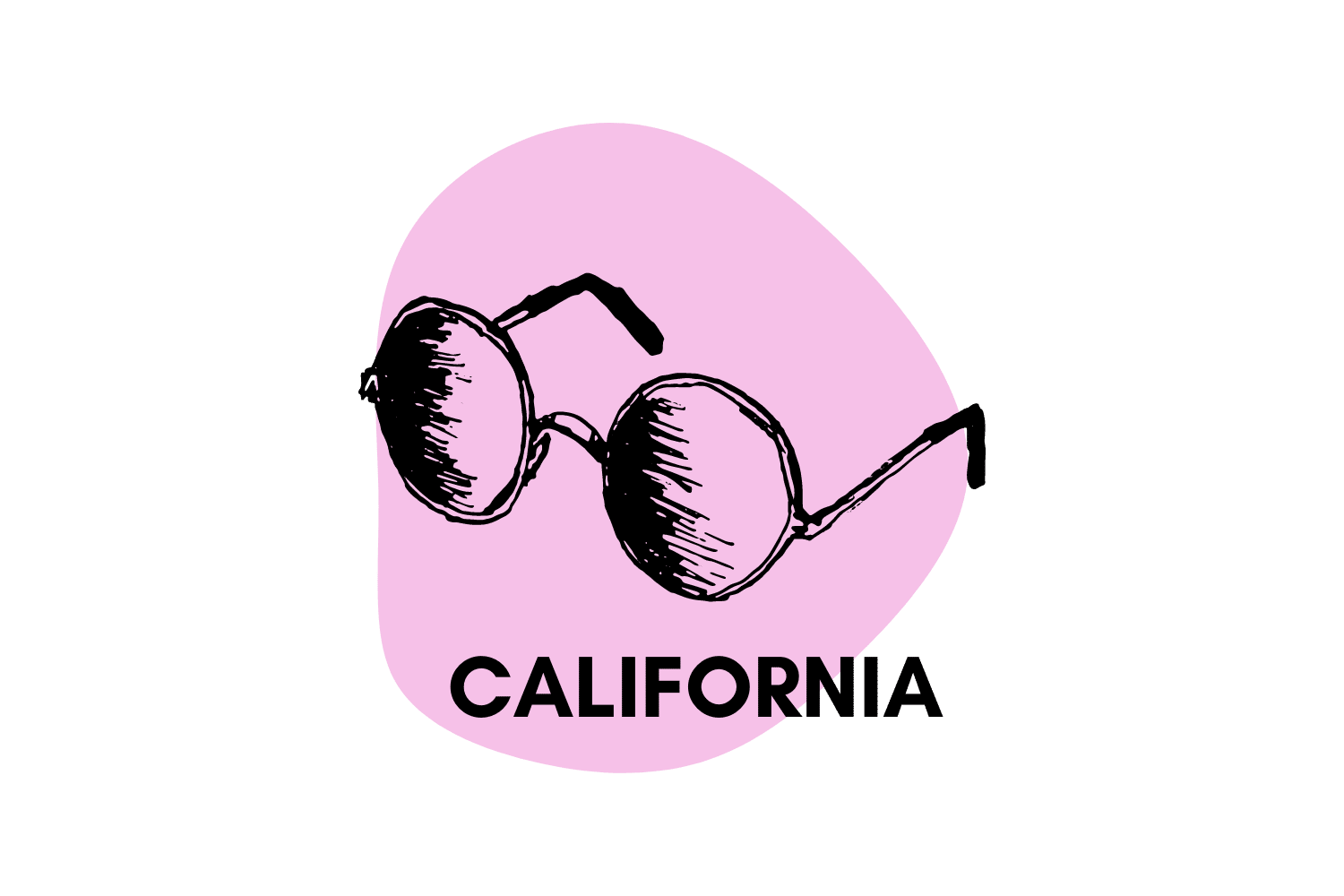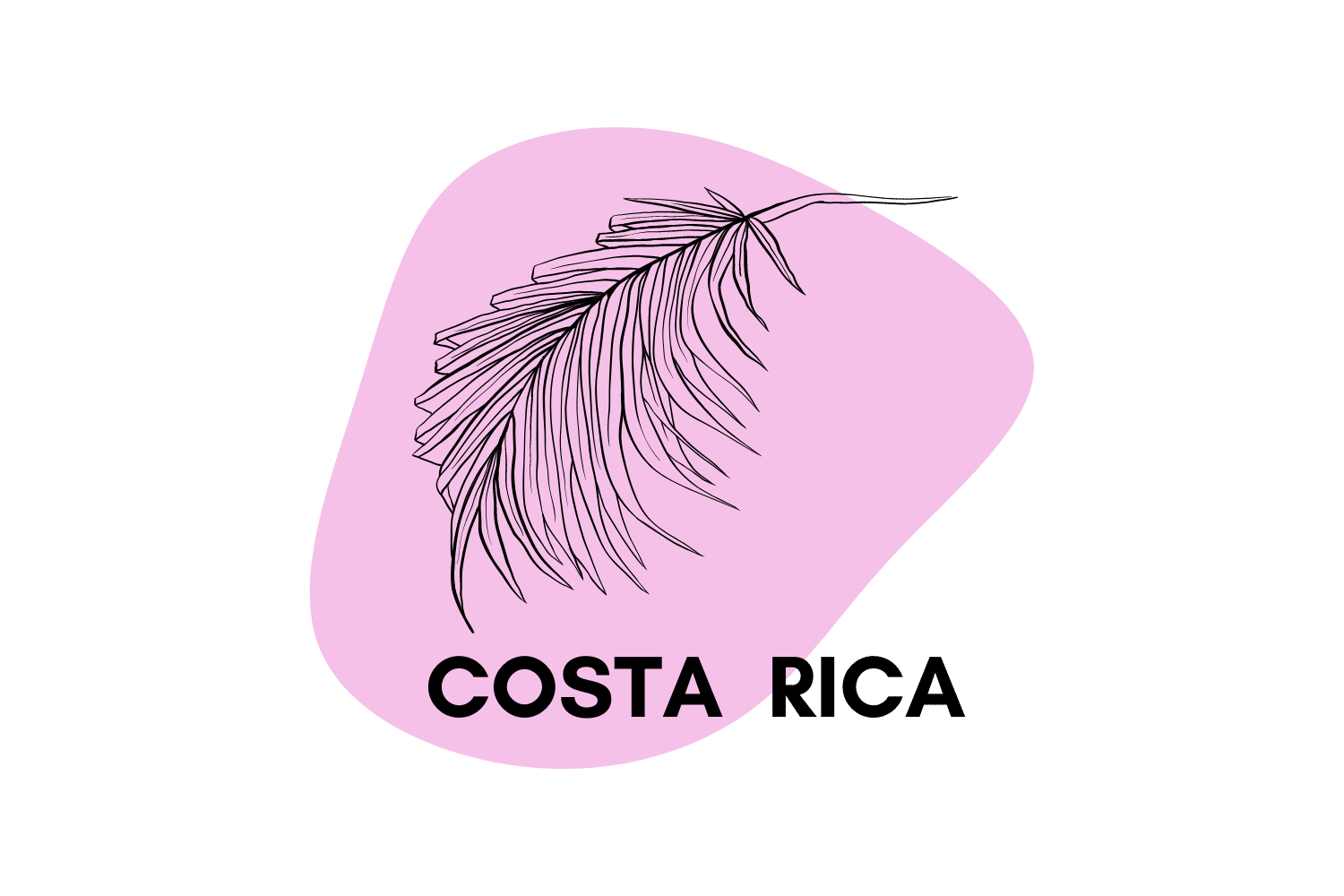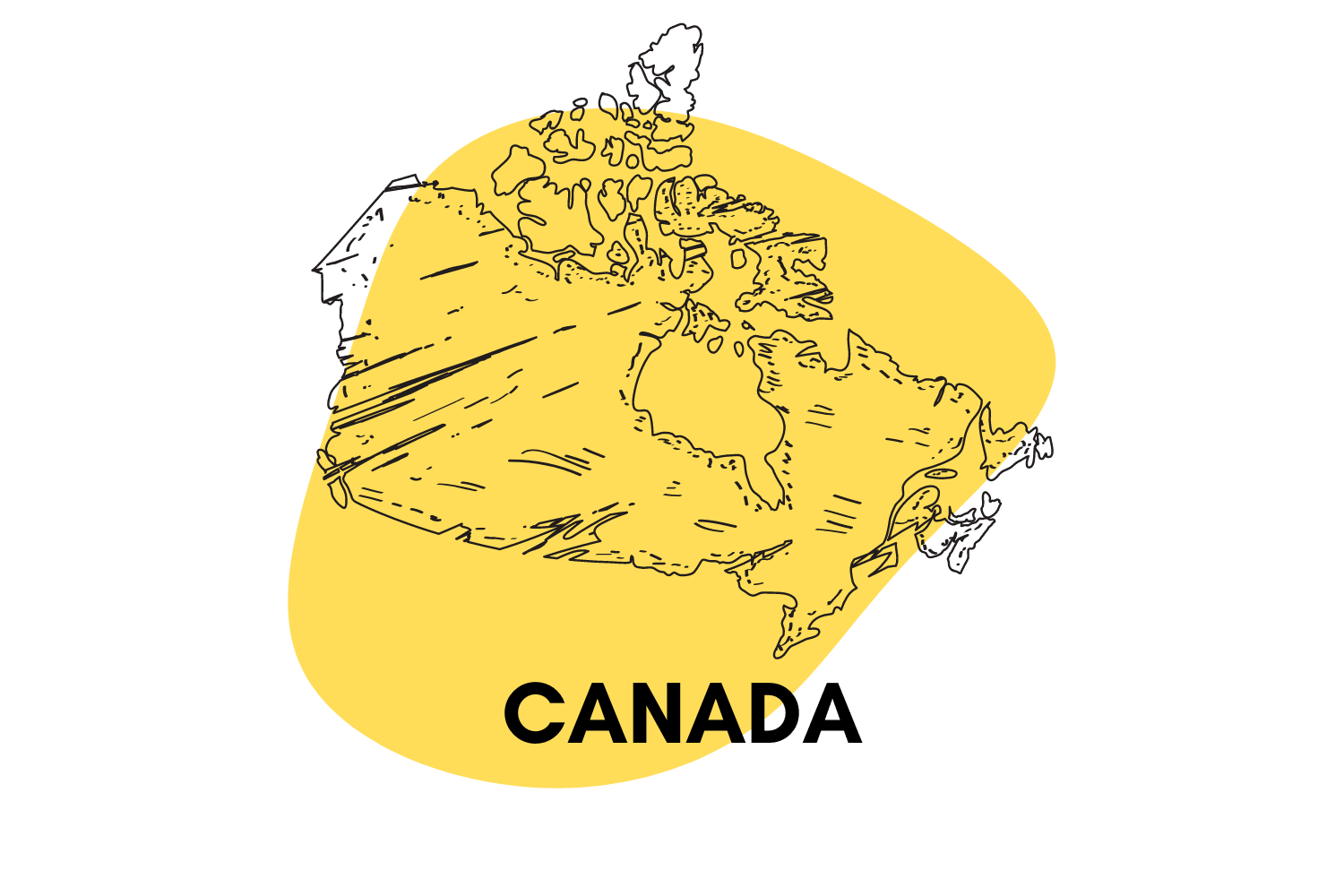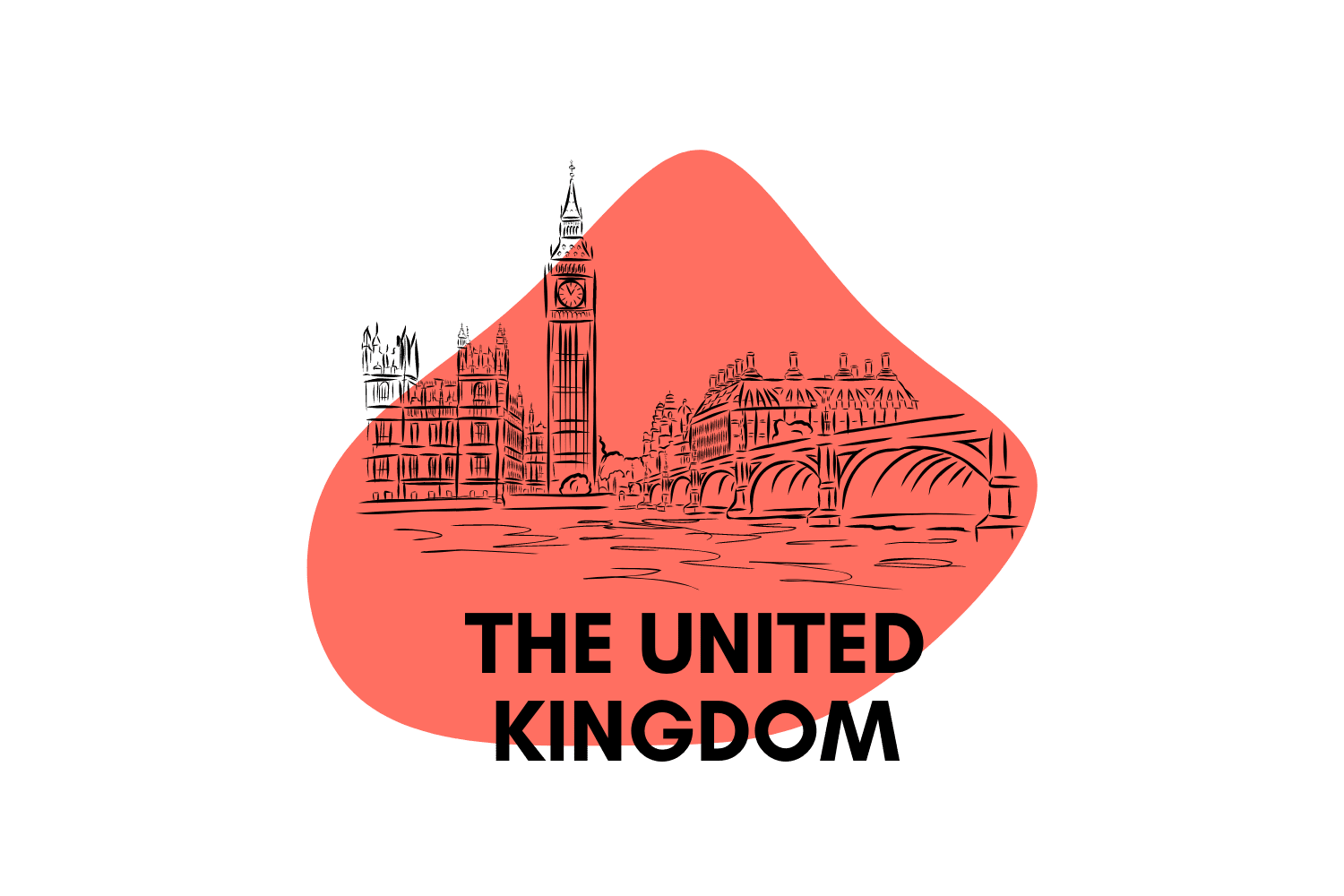Are Psychedelics Legal in the Netherlands? Some Are, But it’s Complicated
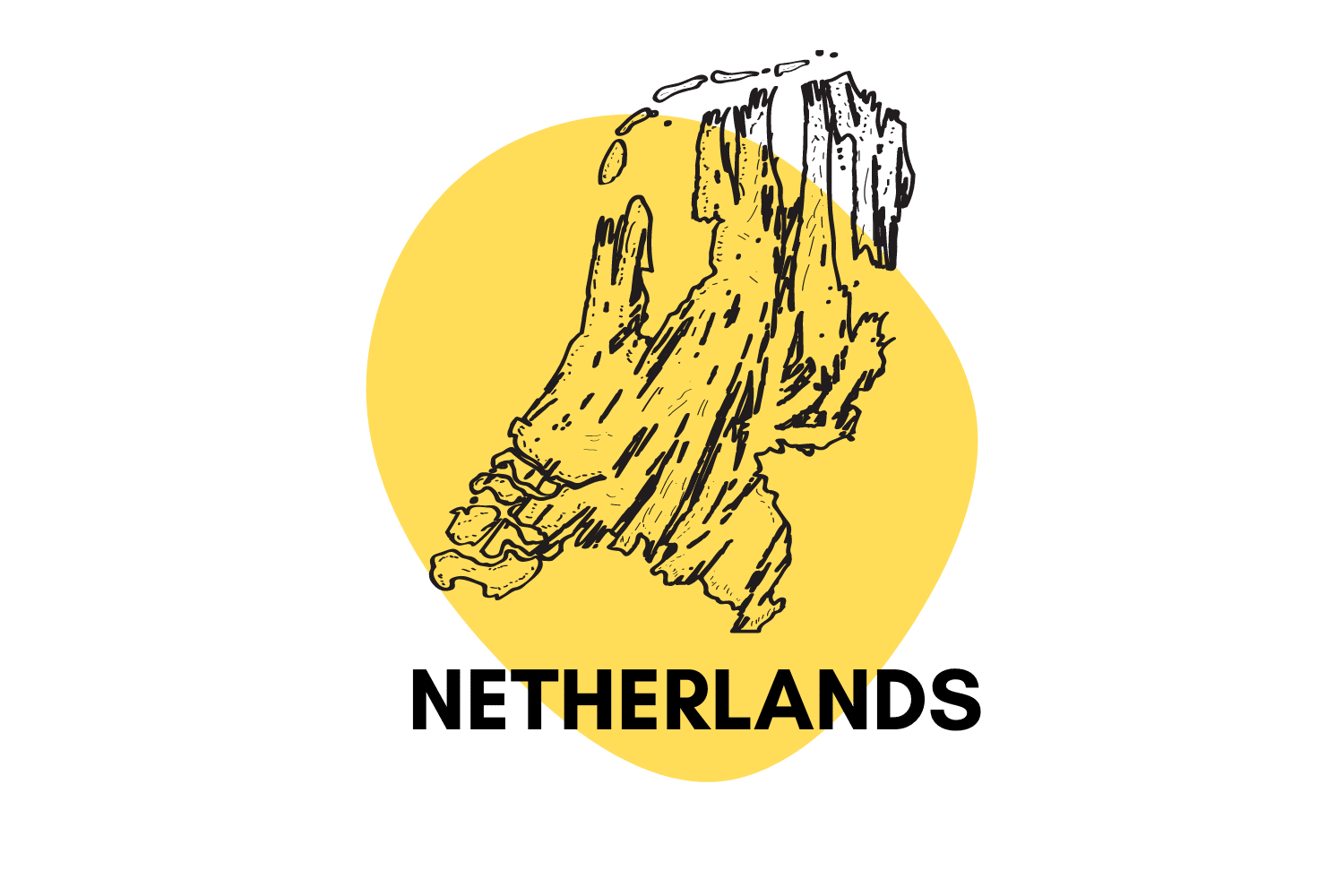
The Netherlands is considered one of the most psychedelic-friendly environments in Europe. For example, obtaining magic truffles and marijuana from a local coffee shop is a common occurrence throughout the country.
Their relaxed drug laws and tolerance of so-called “soft drugs” make them a forward-thinking European country regarding substance use.
Furthermore, they believe in educating people on the implications of drugs and allowing users to make their own decisions, rather than imposing strict laws for substances that don’t appear to pose any threats to society.
This approach was motivated by the idea that a drug-free society is unattainable, so efforts would be better spent minimizing the harm caused by recreational drug use. In this piece, you’ll learn all about the various psychedelics’ legal status in the Netherlands and how the Dutch government and its people view them.
Summary of Psychedelic Drug Laws in the Netherlands
- The Netherlands has a tolerant approach towards psychedelics.
- The Dutch have divided drugs into two groups — soft and hard.
- LSD and MDMA are considered hard drugs, and the country forbids their use.
- Cannabis, a technically illegal soft drug, isn’t prosecuted for personal use.
- The government places the emphasis on combatting substance abuse and addiction through education & rehabilitation rather than punishment.
- Cannabis sales and consumption outlets, known as ‘coffee shops’, may be tolerated by local authorities under strict conditions.
Netherlands Drug & Penalties Chart
| Class | Substance | Psychedelics | Penalties for Possession |
| I (Hard drugs) | Heroin, cocaine, amphetamines | MDMA, LSD | Possess <1 user unit: Dismissal Street dealing (>1 g): 6 mo – 4 yr Mid-level dealing (>1 kg): 2+ yr Wholesale trade (>5 kg): 6-8 yr Import/Export (>1 kg): 3-12 y |
| II (Soft drugs) | Cannabis, sedatives | Shrooms | Marijuana or hashish: > 5 g or 5 plants: Seized but no prosecution 1-5 kg: Fine (DFL 5k-10k) + 2 wk/g >100 kg: Max fine (DFL 25k) + 1-2yr |
Sources:
Are Magic Mushrooms Legal in the Netherlands?
Magic mushrooms are illegal in the Netherlands, but magic truffles have been decriminalized through a loophole in the law.
By 2007, psychedelic mushrooms were legal and could be freely and legally bought throughout the country. However, in 2008, following an unfortunate case, the Dutch government decided to ban more than 200 various species of mushrooms.
Today, psilocin and psilocybin-based mushrooms are considered hard drugs under list 1 of the Opium Act. Still, along with cannabis, some shops illegally sell them, and you won’t be prosecuted for personal use amounts. Many mushrooms, most notably less-potent ones, were omitted from the ban list and are still legal to use.
Nevertheless, psilocybin remains legal in Amsterdam, and both truffles and spores are legal and easy to obtain. Moreover, these are readily available in “smartshops,” urban stores that sell legal drugs, herbs, and related paraphernalia.
Fortunately, the stigma surrounding psychedelic mushrooms is slowly fading as a result of promising potential for medicinal value and a lack of evidence these substances are addictive or dangerous to society.
Related: Where Are Magic Mushrooms Legal?
Where to Buy Magic Mushroom Spores in the Netherlands
Magic mushroom spores are legal in many countries as they don’t contain psilocybin. The Netherlands is no exception, and you can quickly and legally obtain spores all over the country through many shops.
It only becomes illegal when the spores are grown to produce mushrooms. As long as the growth remains in the mycelial stage, they remain legal. This is why truffles are legal, but magic mushrooms are not.
The mycelium of Psilocybe spp. contain slightly lower concentrations than the mushrooms and are still potently psychedelic.
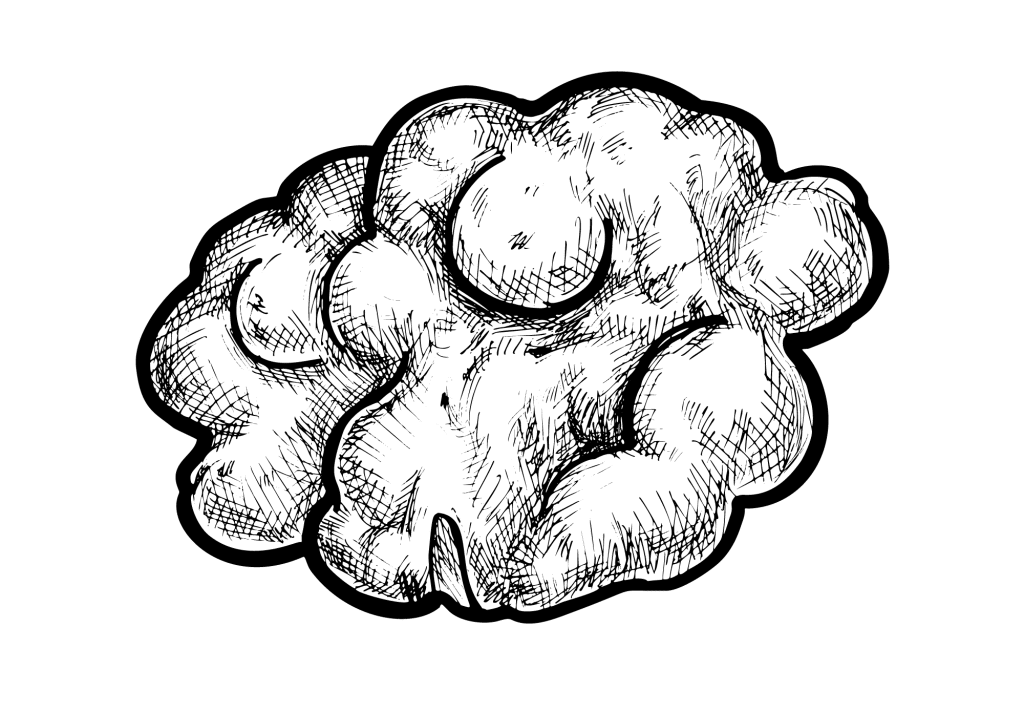
Do Magic Mushrooms Grow Wild in the Netherlands?
Yes, magic mushrooms are natively present in the Netherlands.
Many mushroom species grow all over the world, including the Netherlands. The only place you may have trouble finding any is frigid climates such as Antarctica.
Here are some of the most commonly found species in the country.
Psilocybe semilanceata
A very prevalent mushroom species, agreed by many to be native to Europe. They are quickly identifiable by their bell-shaped cap and thin step. It grows in grassland habitats, especially in wetter areas, feeding off decaying grassroots.
Psilocybe liniformans
This species is scattered in rich pastures or grasslands, fruiting from summer to early winter. In the Netherlands, you’ll mainly find it in coastal areas. They are identifiable by their dull grayish-brown cap, sometimes turning to a bluish-green tone.
Psilocybe strictipes
Psilocybe strictipes fruits in late summer to fall in the Netherlands, and can be found in lawns and grassy fields, never growing directly from dung. They can be identified by their walnut-brown soft cap and farinaceous smell.
What Are the Medicinal Uses of Shrooms?
There’s currently a big push for the legalization of mushrooms, especially in North America and many European countries. This push is picking up speed thanks to important research proving their successful psychotherapy use.
Magic mushrooms have shown promise in treating PTSD, existential anxiety, clinical depression, addiction, cluster headaches, and much more.
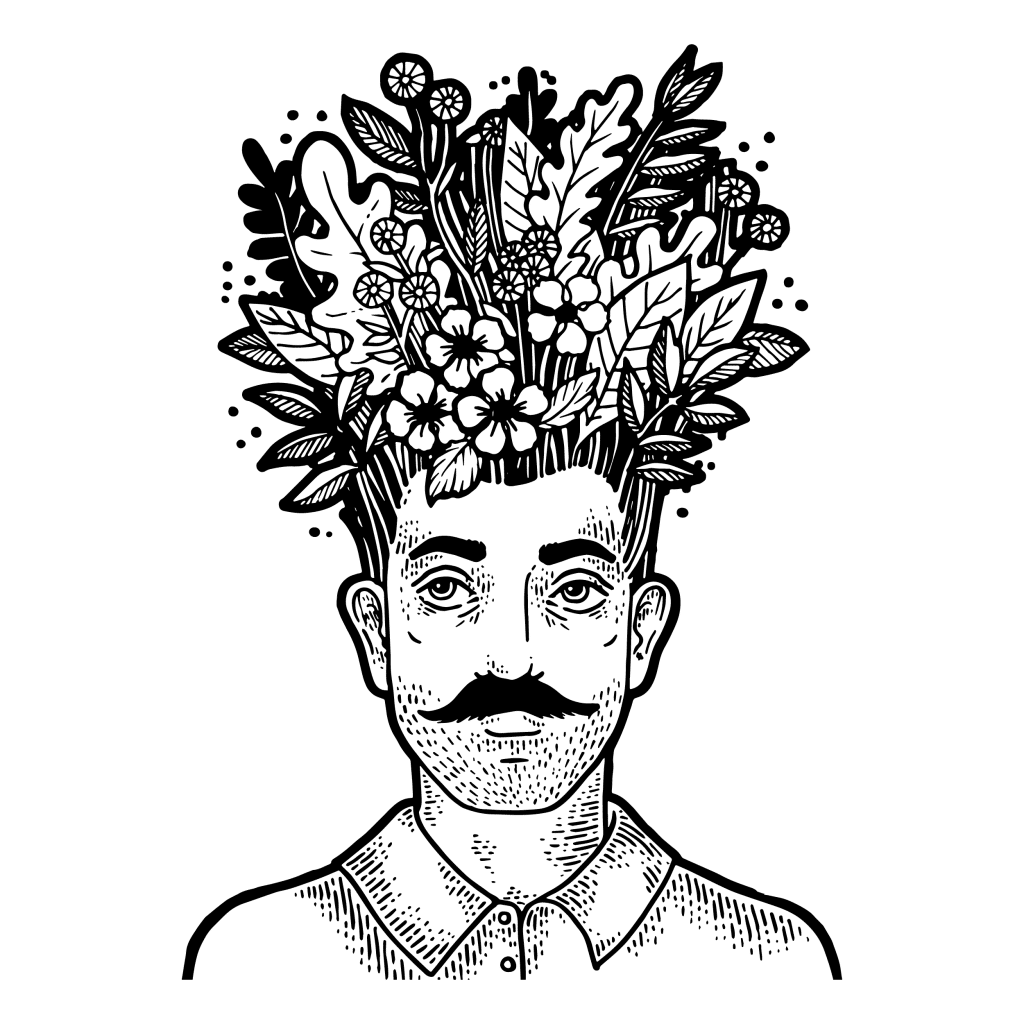
Is LSD Legal in the Netherlands?
No, LSD is illegal in the Netherlands.
LSD (lysergic acid diethylamide) is classified under List 1 of the Opium Act, categorizing the substance as a hard drug. As a result, Dutch law strongly suppresses its sale, circulation, and use.
The penalty for a hard drug trade, such as importing or exporting, ranges from 12 to 16 years of imprisonment. Even cannabis, considered a soft drug, carries a penalty of up to 4 years in prison if you get caught trading high quantities of it.
Though punishments may seem harsh, the Netherlands has seen a positive trend in drug addiction, with the average age of hard drug addicts rising to 38 years. Notably, the number of drug-related deaths remains amongst the lowest in Europe, thanks to the country’s policies.
Despite being illegal, LSD is common in the Netherlands, and authorities appear to take a fairly relaxed approach to enforce its prohibition. With that said, you can still get in a lot of trouble if caught with LSD, so it’s best to avoid it here.
Is DMT Legal in the Netherlands?
No, DMT is forbidden under Dutch law.
Commonly called “The Spirit Molecule,” DMT remains illegal in the country as it falls under List 1 of the Opium Act, which classifies the substance as a hard drug. Accordingly, its possession, sale, and circulation are strictly forbidden and carry harsh penalties.
Since October 2019, ayahuasca, a DMT-containing plant mixture, was also categorized as a hard drug and made illegal in the Netherlands.
Prior to this, the psychoactive brew could be purchased through many online sellers, and it was even possible to book an “ayahuasca experience trip.” Nowadays, it isn’t even allowed for ceremonial or religious use.
We couldn’t find any relevant information on the legality of changa in the Netherlands, but we can safely assume that any changa containing DMT-derivatives are illegal too.
Consequently, its possession is punished as with any other hard drug, with a term of imprisonment not exceeding six years.
Is MDMA Legal in the Netherlands?
No, MDMA is illegal throughout the country.
MDMA, also known as ecstasy, is a List 1 substance under Dutch law and is considered an illegal hard drug. Possession, production, and trade of this substance are punished by imprisonment with a duration ranging from 4 to 12 years.
Ecstasy has outstanding popularity in the Amsterdam nightlife scene and is the fourth most used substance in the Netherlands, behind nicotine, alcohol, and cannabis. Getting caught with less than one “unit” or pill won’t likely land you in jail, though.
This substance is widely used as a recreational drug, and it is so commonly found the police will search you for it at the entrance of most clubs and festivals in the country.
Though it won’t be legal for public use anytime soon, some countries are moving to legalize the medicinal use of MDMA in therapy.

Is Ketamine Legal in the Netherlands?
No, Ketamine is forbidden in the Netherlands, though there are a few exceptions.
Ketamine is classified as a List 2 substance under the Opium Act, making it legal to use for medicinal purposes. This dissociative drug is commonly used as an anesthetic for veterinary practice in the Netherlands and many other countries.
Still, the substance remains completely illegal for personal use, and you’ll be punished with no more than two years of imprisonment should you get caught with it.
Its popularity is at an all-time high on all corners of the globe, with statistics showing a noticeable spike in its medical and recreational use, particularly in the Netherlands. In addition, many states are legalizing ketamine therapy for help with PTSD and treatment-resistant depression in the US and other countries.
Is Marijuana Legal in the Netherlands?
Marijuana is illegal but decriminalized for personal use in the Netherlands.
Cannabis sativa and Cannabis indica are considered a soft drug under Dutch law, and possession of it is a criminal offense.
However, in practice, small quantities for personal consumption are permitted. If you have no more than 5 grams of cannabis on you, the police may seize it, but you will not be prosecuted.
As a result, smoking and even selling cannabis in public is widely tolerated, provided that it happens in a limited controlled way. This means trading small portions in a coffee shop, not many portions on stock, only to adults, no advertisement of the substance, and no minors on the premises.
Since 2003, the use of medicinal cannabis has been wholly allowed in the Netherlands, where patients are provided with pharmaceutical-grade marijuana.
Regarding hemp, the cultivation of five or fewer hemp plants is not prosecutable. In addition, the sale and importation of industrial hemp are legally permitted as long as the hemp is intended for fiber or seed production.
All forms of cannabis, including its isomers delta 8, delta 9, and delta 10 THC, are legal in Amsterdam but illegal in the rest of the country. Still, the “personal use rule” applies throughout the country, and you won’t be prosecuted for small quantities.
What’s The Difference Between Legalization & Decriminalization?
It’s a common mistake to believe that decriminalizing is the same as legalizing something. However, these seemingly similar concepts have key differences most don’t know about.
When a substance is decriminalized, there are no criminal penalties for drug law violations. Still, this doesn’t mean that the substance is legal, as you may still be fined if you are caught in possession of it. Decriminalization could be described as the halfway point between prohibition and legalization.
With legalization, the substance becomes a regulated legal product, and access to it comes from legal markets. Moreover, more people would obtain the substance without the risk of going to jail or getting fined. As a result, the industry becomes more regulated, which reduces the amounts of contaminated products.
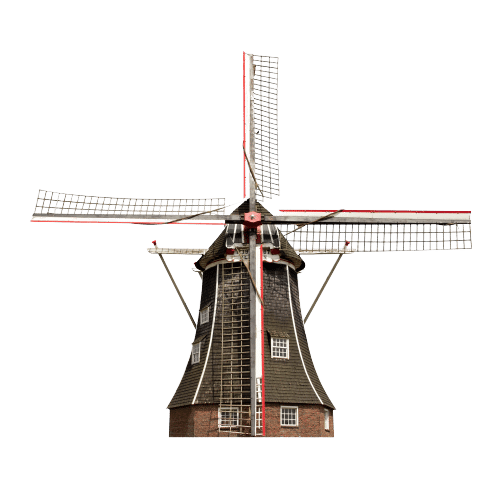
Key Takeaways: What’s The Future of Psychedelics in the Netherlands?
The Dutch do not see their tolerant policy towards limited soft drug use as some miraculous solution. On the contrary, they actively try to prevent substance abuse through education and rehabilitation while monitoring and fighting the consequences of said abuse through various health measures.
At the same time, their authorities constantly try to eliminate deadly illegal drugs by combating drug trafficking. This pragmatic approach gives them hope to control better the social phenomena of substance abuse and addiction that affects them and so many other countries.
Regarding psychedelics, they are on the cusp of entering mainstream psychiatry. A field that in recent decades has seen few advancements for the treatment of mental disorders and addiction. Also, many institutions all around the world are advocating for the use of psychedelics in therapy.
The Netherlands will likely walk the path of federal decriminalization sooner than other countries, as their practical way of dealing with substances is working better than expected.

